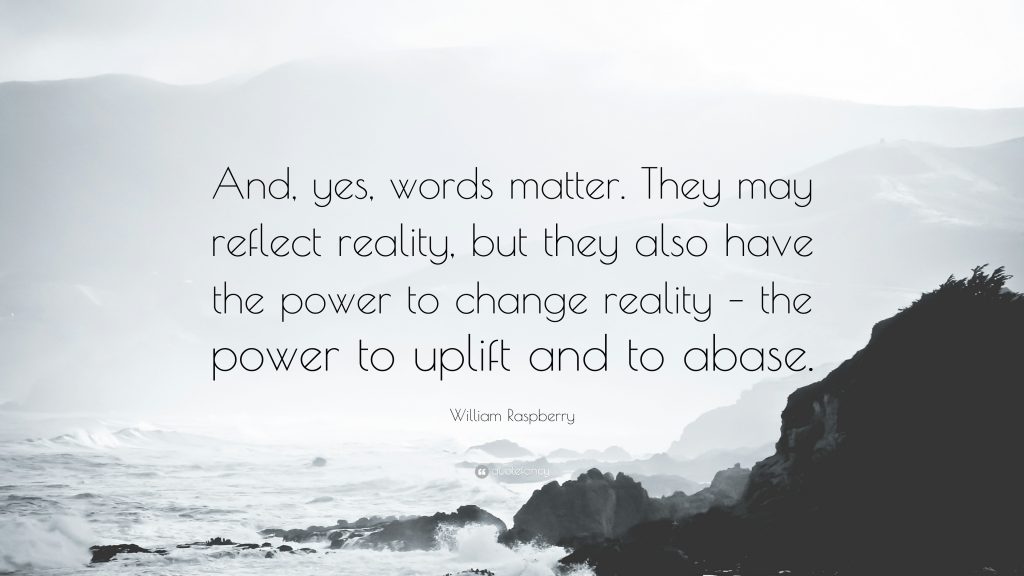Language for House Codes of Conduct

Have you ever heard someone say something hurtful or demeaning and then use the excuse that the statement “honest” or “the truth” as a way to excuse their behavior?
We know that there are many ways to be honest and truthful in our words. We have the power to choose words that are honest and truthful while also refusing to put others down or make others feel “less than”. The following are ways we can use language throughout our organizations to empower and uplift.
Use Person-First Language
Using person-first language is one way that we can reduce stigma and avoid promoting inappropriate stereotypes. Person first language is a respectful way of describing who a person is. For example, we can use the phrase “person with a substance use disorder” instead of other, more stereotypical and potentially stigmatizing terms.
Avoid stigmatizing language
There are certain words or phrases that may be commonly used, but do promote inappropriate stigma against people with substance use disorders. In an effort not to further that stigma, we will not list them all here. As our understanding surrounding recovery evolves, we may even find that words that were once appropriate no longer reflect our understanding of substance use disorders. Therefore, we need to adapt and change our language.
We encourage you to critically examine the language that you use and consider –
- Is this statement based in facts or accuracy?
- Are there terms that are outdated that we now recognize as problematic?
- Does this statement make a value judgement about a person?
- Does this statement promote inappropriate bias about people in recovery?
- Is there a more appropriate way we can phrase this statement?
Use language that is welcoming to diverse populations and communities
Oftentimes, organizations do not intentionally seek to be discriminatory, we want to serve everyone and allow everyone to have access to our services. However, non-discrimination is not enough to ensure that underserved or unserved populations in our communities have appropriate access. We also need to do work to ensure that our environments are open and welcoming. One way we can do that is by using language that openly promotes inclusivity.
This means not only using appropriate words and terms for people from different racial or ethnic backgrounds, but also referring to people’s lived experiences appropriately. For example, using phrases such as “person who has experienced” or “person who has been impacted by” we recognize the person first and do not seek to define them by their experiences along.
The American Psychological Association has produced an Inclusive Language Guide. Visit this webpage to learn more about inclusive language.
